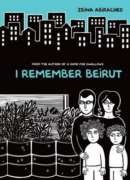
Zeina Abirached grew up in Beirut in the 1980s as fighting between Christians and Muslims divided the city streets. With striking black-and-white artwork, Abirached recalls the details of ordinary life inside a war zone.

Zeina Abirached grew up in Beirut in the 1980s as fighting between Christians and Muslims divided the city streets. With striking black-and-white artwork, Abirached recalls the details of ordinary life inside a war zone.
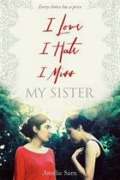
Portrait of two Muslim sisters, once closely bonded, but now on divergent paths as one embraces her religion and the other remains secular.
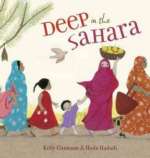
An Arab girl of the Sahara who wants to wear a malafa, the veiled dress worn by her mother and older sister, learns that the garment represents beauty, mystery, tradition, belonging, and faith.
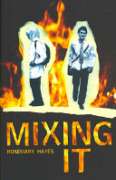
Steve, a British high school student, and Fatimah, a devout Muslim and daughter of immigrants, must learn to overcome their community’s prejudices after a picture of Fatimah nursing Steven after a terrorist attack is featured in a national newspaper.

As American bombs fall on Baghdad during the Iraq War, ten-year-old cousins Nouri and Talib witness the growing violence between Sunni and Shiite Muslims.
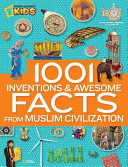
Traces centuries of invention and technological innovation in the Muslim world, revealing how Muslim intellectuals built elephant water clocks, drew detailed world maps, and built colossal architectural structures.
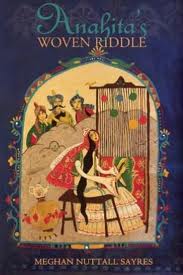
In Iran, more than 100 years ago, a young girl with three suitors gets permission from her father and a holy man to weave into her wedding rug a riddle to be solved by her future husband, which will ensure that he has wit to match hers.
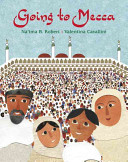
We are led on the journey of a lifetime to the city of Mecca – the pilgrimage known to Muslims as the Hajj. The pilgrims walk with heads bare and feet in sandals; they call to Allah; they kiss or point to the Black Stone, as the Prophet did. Arriving at Mecca, they surge round the Ka’aba, shave their heads and travel to Mount Arafat. Finally, though their bodies are tired and aching, their spirits are uplifted, knowing that with thousands of others they have performed the sacred pilgrimage. This is a window on to a sacred journey for Muslims the world over – beautifully described and illustrated for younger children in mixed media and collage.
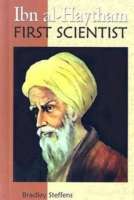
Ibn al-Haytham (“Alhazen” in Library of Congress cataloging) was born in Basra in 965. A Muslim who studied the works of Aristotle, Euclid, Archimedes, and Ptolemy, he developed an approach to science using experimentation and deduction and made significant observations and discoveries, particularly in the field of optics. Translations of his books influenced medieval European scientists and mathematicians from Bacon to Fermat to Kepler. Steffens notes that al-Haytham’s discovery of the cameraobscura may have changed Western art as well. Steffens has organized what is known of his subject’s life and work into a coherent narrative. He is quick to acknowledge gaps, but backs up inferences logically. Like the history of mathematics, the history of science is incomplete without an acknowledgment of early scholars in the Middle East. This clearly written introduction to al-Haytham, his society, and his contributions does that. The book concludes with a time line, source notes, a bibliography, and a list of Web sites.